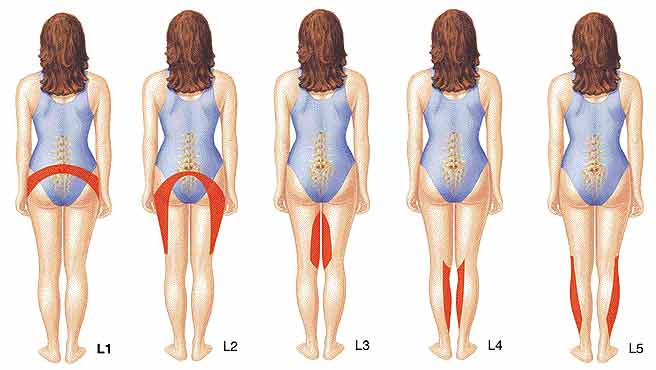DISC HERNIATION
What is a Spinal Disc?
A spinal disc is comprised of a softer center, surrounded by a tough exterior. A herniated disc occurs when a bit of the softer part of the disc pushes through a crack in the harder exterior. A herniated disc can cause a pinched nerve, which results in pain, numbness and weakness in your arms or legs. Some people experience no pain with a herniated disc, however. Most people who experience a herniated disc do not need surgery.
Symptoms of a Herniated Disc
Sometimes, people with herniated discs experience no symptoms. In those cases, a person would not know they had a herniated disc unless they had a spinal image. Other times, herniated discs can be very painful. If you are experiencing any of these signs, be sure to give Dr. Ferachi a visit:
- Leg and/or arm pain. If the herniated disc is in your lower back, you may feel pain in your legs and buttocks. You can also feel pain in your feet. A herniated disc in your neck will result in arm and shoulder pain. This pain can be intense, moderate or mild.
- Tingling. Herniated discs have been known to cause tingling and numbness in the parts of the body affected by the pinched nerve.
- Weakness. Muscles connected to the affected nerves may weaken. This can cause difficulty completing certain tasks.
Causes
Herniated discs do not occur all at once – they are the result of the gradual wear and tear that comes with aging. This wear and tear is referred to as disc degeneration. Aging causes the spinal discs to lose some of their water content, making them less flexible and more prone to injury. This means that seemingly minor strain or twists can cause a herniated disk. Heavy weight, laborious occupations and genetics can all play a part in your likelihood of experiencing a herniated disc.
Herniated Disc Treatment
If you need treatment for your herniated disc, there are three main options: medications, therapy and surgery.
- Medications. Medications used for a herniated disc vary depending on your individual condition. If your pain is mild or moderate, you may get away with only needing over-the-counter pain relief. If your pain does not improve, your doctor may prescribe you narcotics. Medications designed specifically for nerve pain, muscles relaxers and cortisone injections may be used as well.
- Therapy. Physical therapists can show you certain exercises and positions to minimize pain. Your physical therapist may also recommend heat, ice, traction, ultrasound, electrical stimulation or a neck or back brace.
- Surgery. Surgery is not usually necessary for those with a herniated disc. However, in some cases, surgery is the last resort. During surgery, the surgeon will typically remove the protruding portion of the disc. In rare cases, the entire disk may need to be removed. This means that the vertebrae will need to be fused together using metal hardware for spinal stability.
If you are suffering from any of the symptoms of a herniated disc, call Dr. David Ferachi today to schedule your appointment or request an appointment online. Living with back pain can be extremely frustrating and keep you from doing the things you love. Don’t wait for the pain to get worse, see Dr. David Ferachi today!
